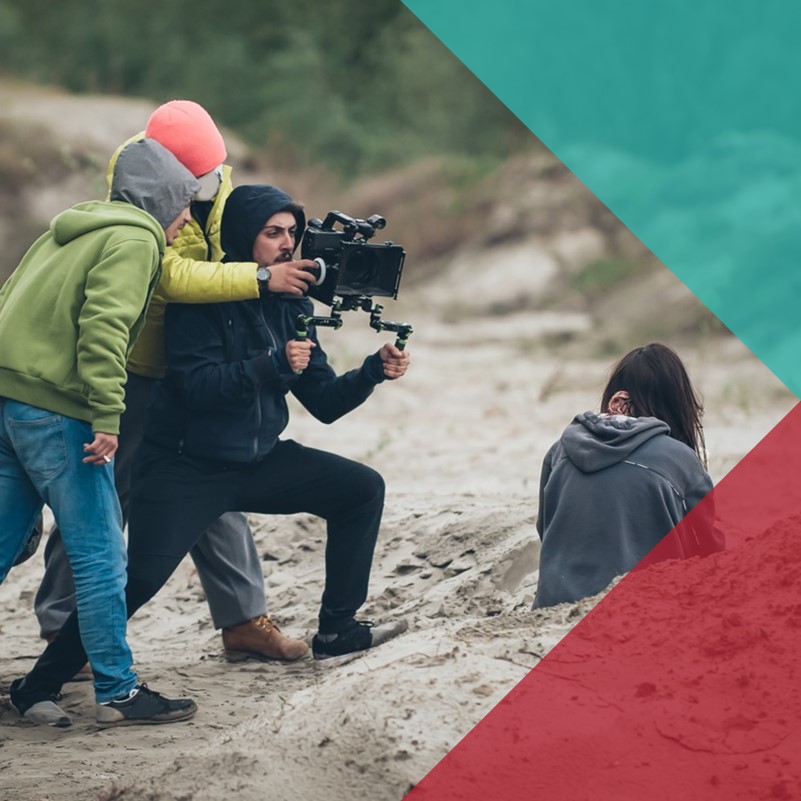Connections funding: Postcolonial natural history collections and museum and archive practices
In May 2025 Brigstow Institute launched a funding cycle around the theme of “Postcolonial natural history collections and museum and archive practices”. The theme looks to bring together individuals form diverse disciplines and practices who are interested in exploring the research value of natural history collections and archives, and postcolonial methods of museum and archive practices.

.JPG)
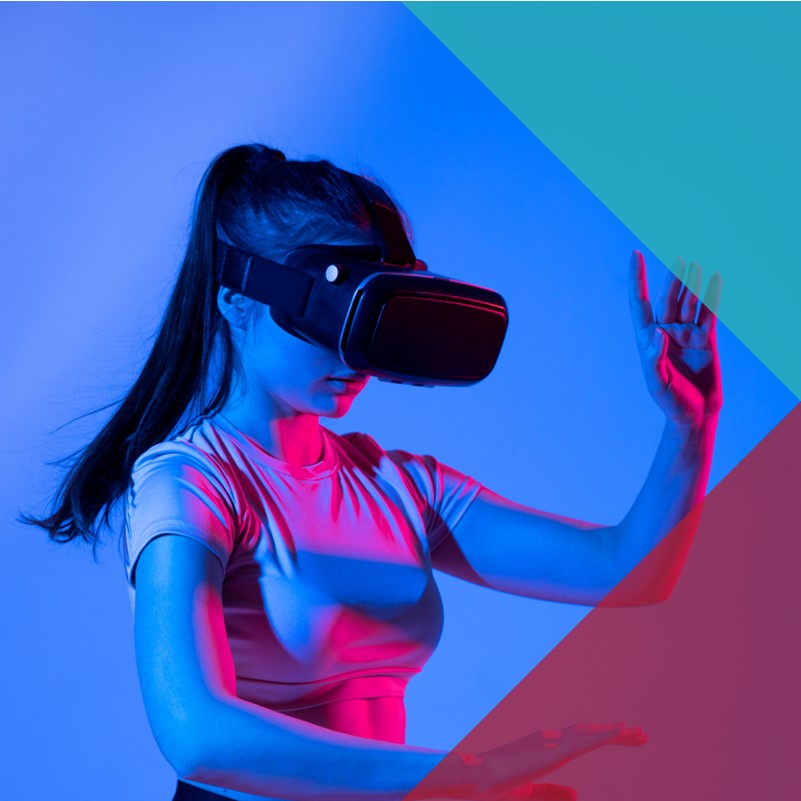
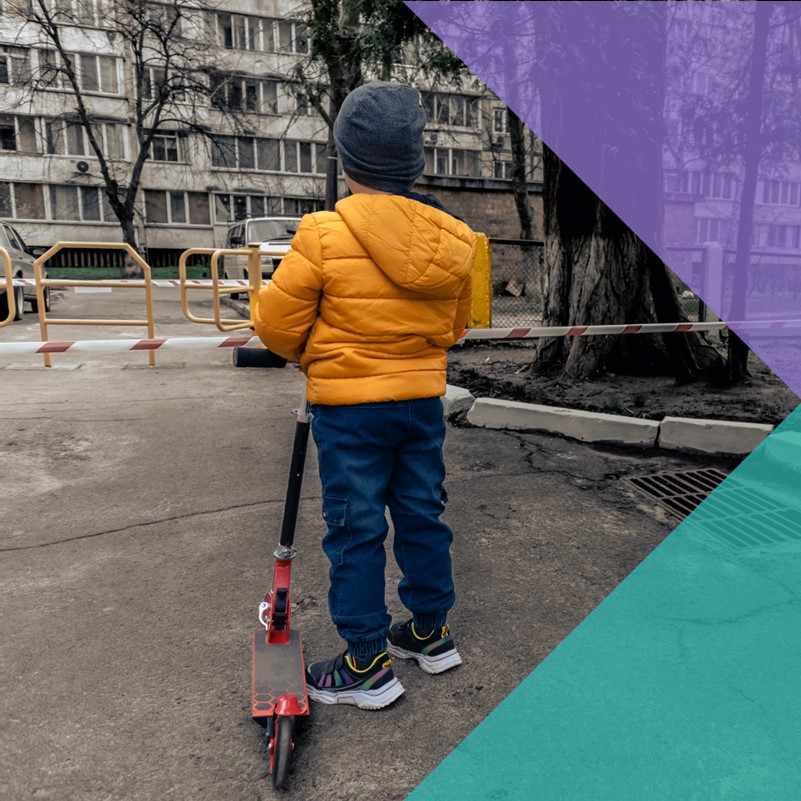
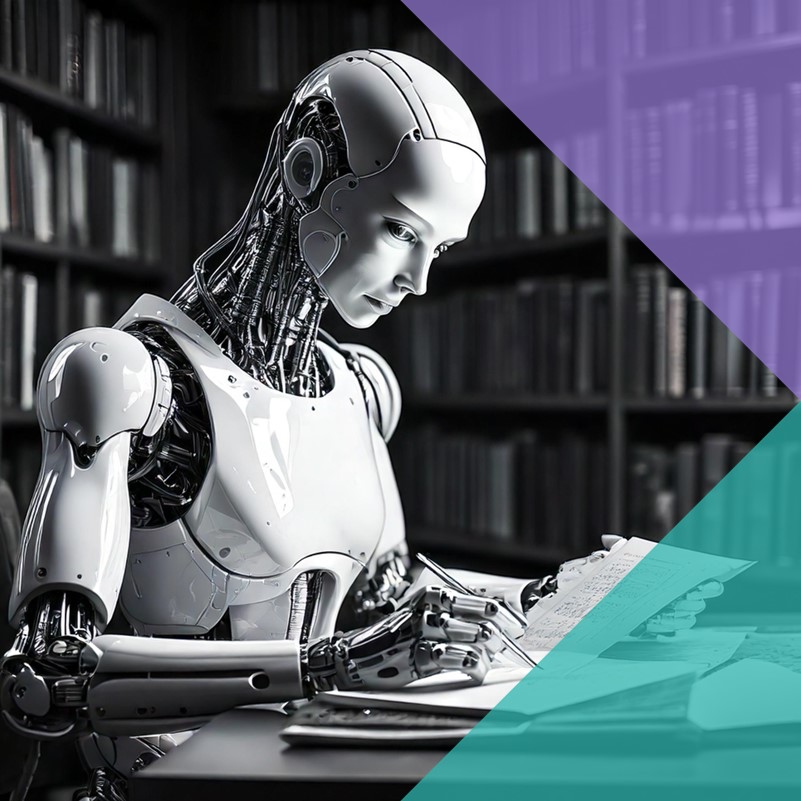

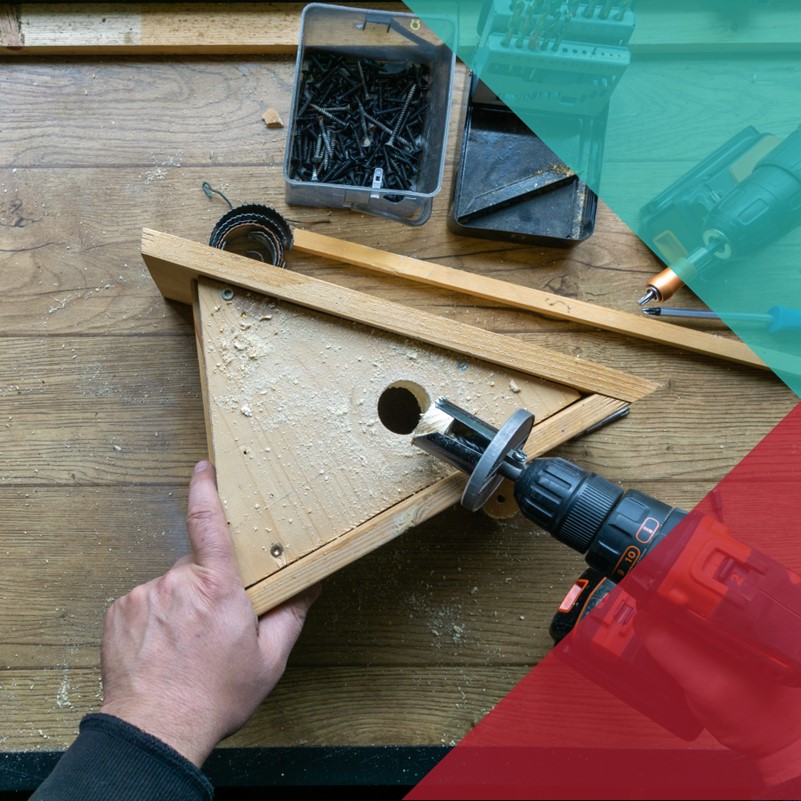
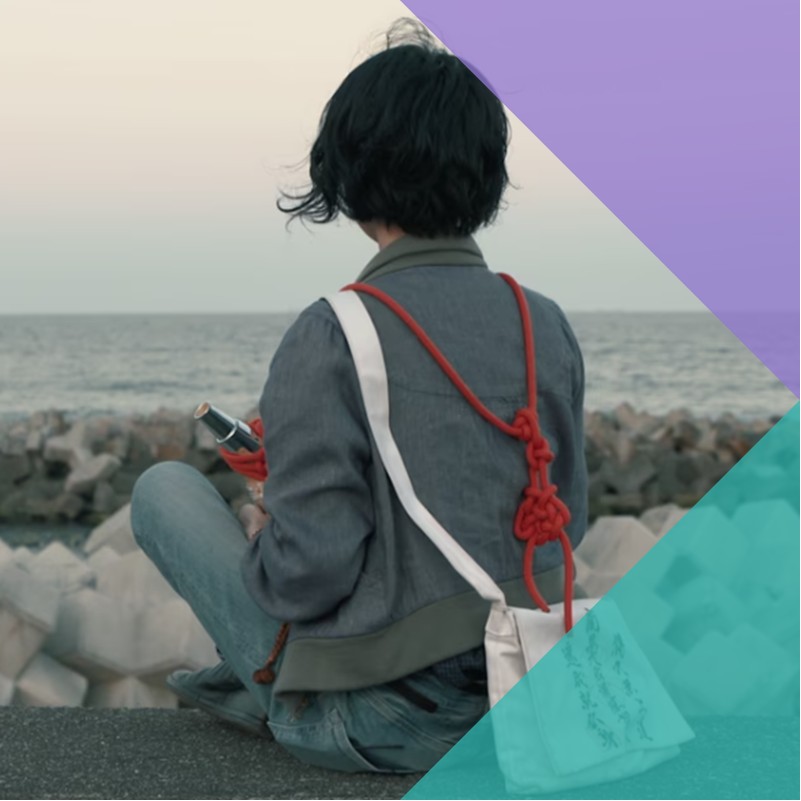

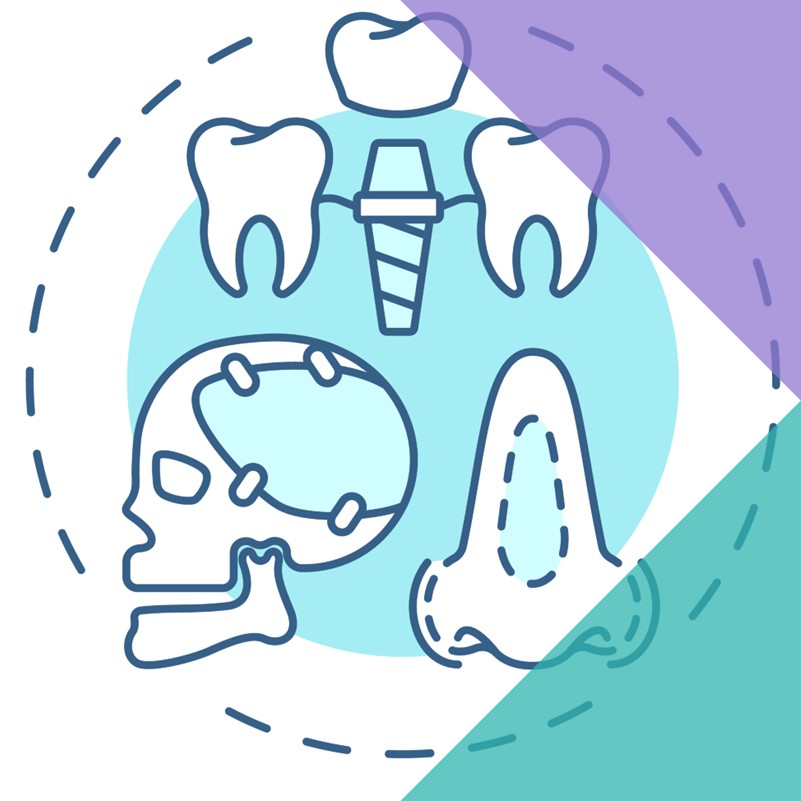
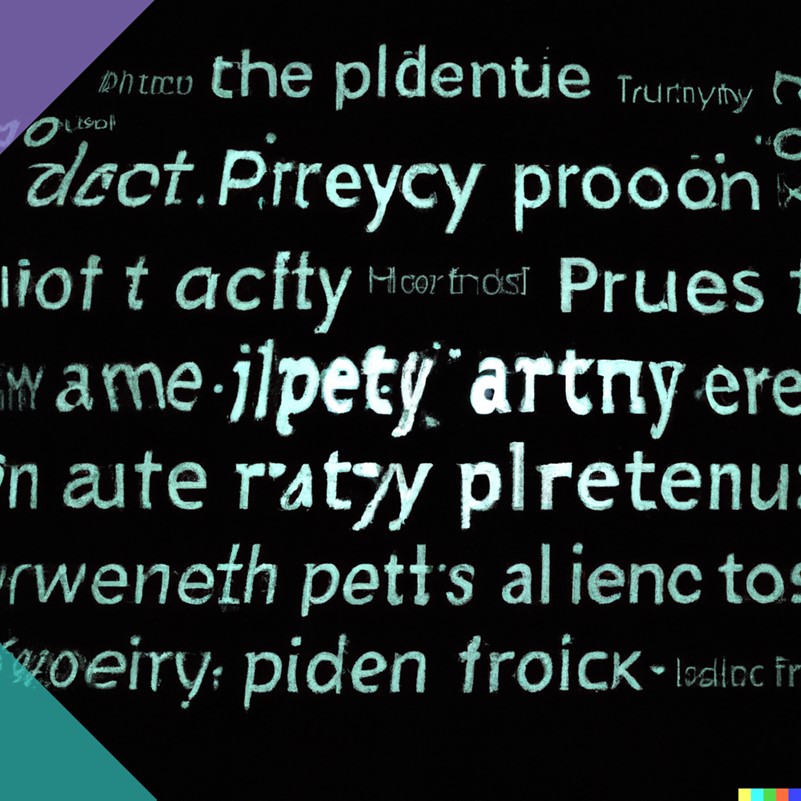
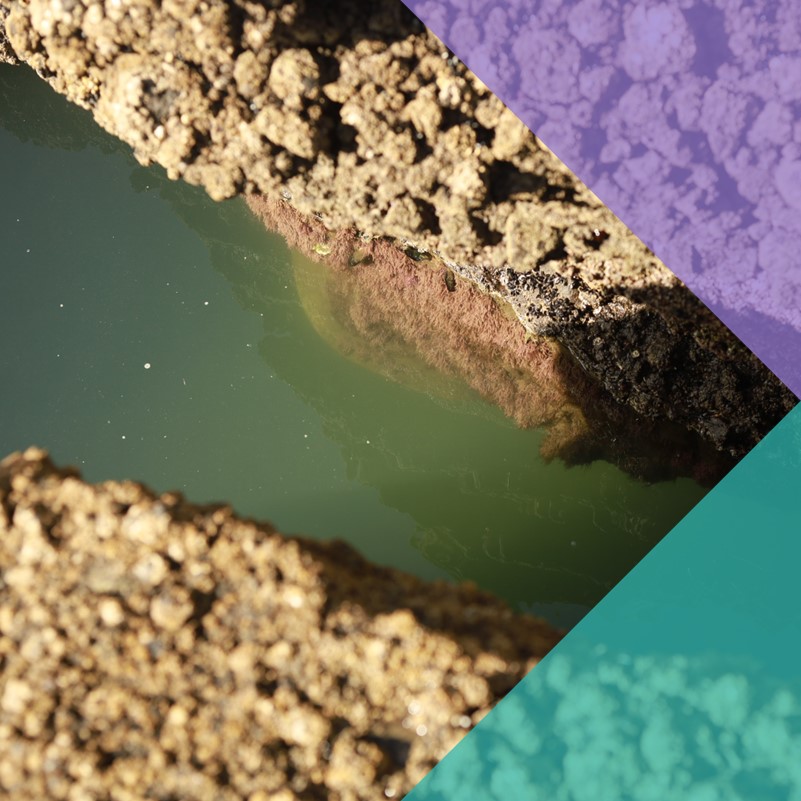



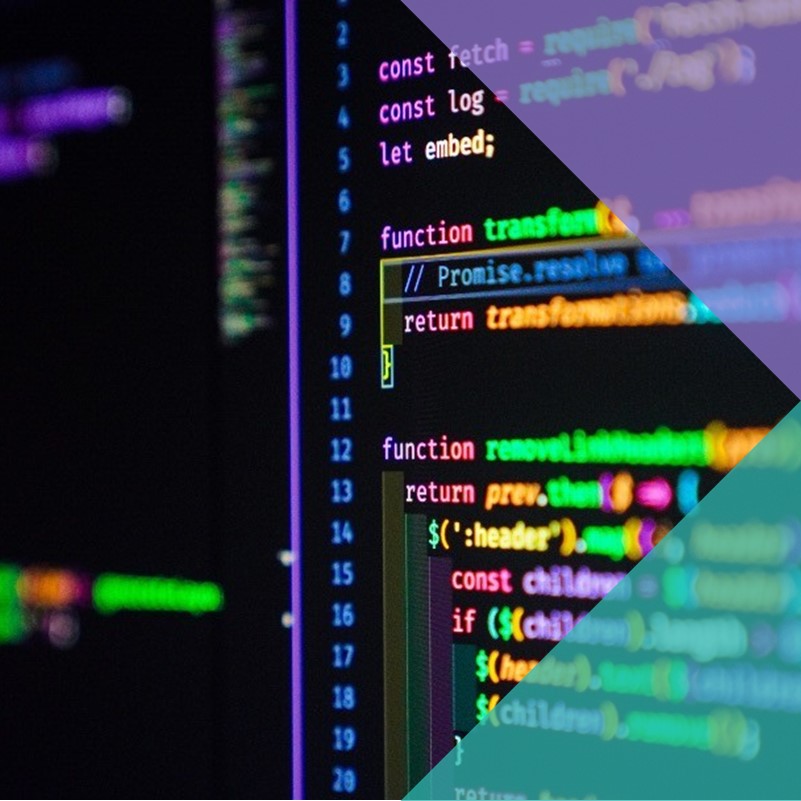

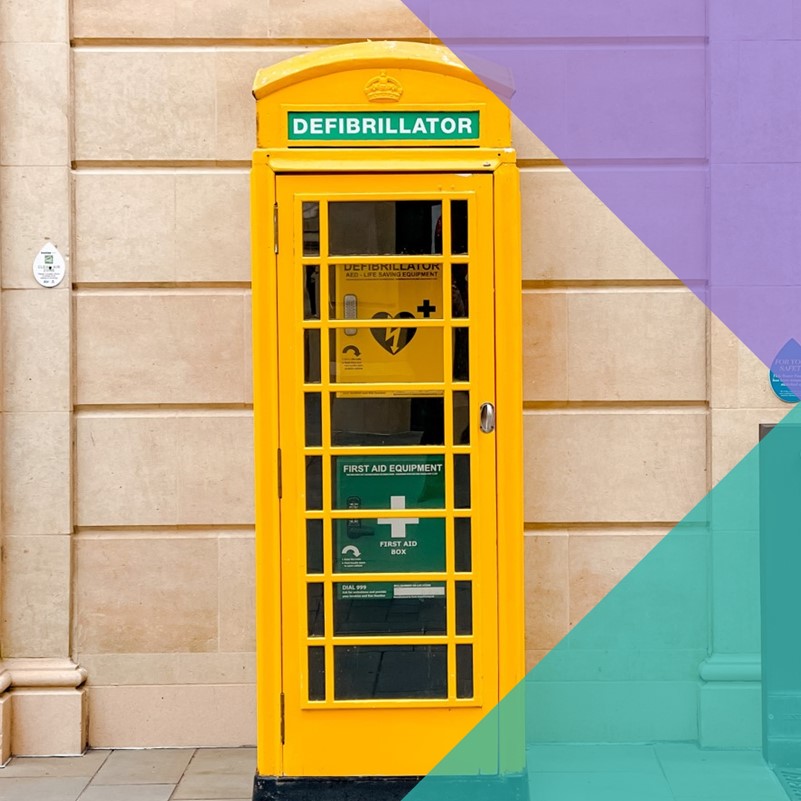

.JPG)
